Meet a maker Podcast Episode 3: Clare Mason aka Clarissa of Make and Fake
Welcome to the Electromaker Meet a Maker podcast, episode 3! I had the great pleasure of sitting down with software developer by day and self-professed Fake Maker Girl by night and day Clare Mason (Clarissa).
Electromaker: How did you first get into the maker space?
Clare Mason (Clarissa): What do you mean by maker space? The context of maker communities?
Electromaker: Yes, and kind of creating your own projects.
Clarissa: It started with 3D printing stuff, and I actually worked at an all-girls tech camp for a while...I taught video when I was there. But one of my co-workers taught 3D printing and I thought it was super duper cool and I wanted to use it and get into it, but it was for the children and not me. But my school opened a maker space and they had 3D printers there and I was like "I'm gonna figure out how I can work there so I can use 3D printers whenever I want," so I basically just started showing up all the time. And then they hired me there, so that's how I got into that.
And then kinda from there I did a bunch of stuff with 3D printing and then part of my job from the lab is I have to learn how to do everything anyways to teach classes and show people how to use things, so I kinda got into everything and now I've moved more towards electronics stuff, so it's all over the place.
Electromaker: What initially attracted you to 3D printing?
Clarissa: It's just really cool. It's an exciting use of technology. I like more than doing craft stuff, so once I was able to digitize the crafts I was doing it became engineering which was very weird to me. So 3D printing was very similar to what I was already doing but in a digital way.
Electromaker: That makes a lot of sense. You mentioned this all-girls tech camp you taught at. How did you end up there?
Clarissa: I applied, I needed a job over the summer, so I applied to an all-girls tech camp...
Electromaker: STEM has been something that's really on the rise, so do you think it makes a difference introducing it to them at a younger age?
Clarissa: I think so. The one thing that when I worked at the maker space that I saw is our students would come in and they would use the vinyl cutter for things because a lot of that is just knowing how to use vector illustration stuff which a lot of them know how to do. But when 3D printing was introduced it was like "oh, 3D printing's too hard, it's for engineers." And our engineering students would come in and say "I can't do the illustrator stuff, that's for art students." So I think people, especially in college, kind of put themselves in boxes...and the other part of the camp is we want to introduce kids to coding at a young age so then they can be like "coding, oh yeah that's a thing that I've done and I can do, it's not that hard." Versus I think...if you don't have that easy introduction you might think it's something that's way too hard, you can't do.
Electromaker: Absolutely. And even speaking from personal experience, when I first got a Raspberry Pi I thought "I can't do anything with this, I don't know how to blink an LED." Then once I was able to do that I was like "This isn't too hard I can do anything."
Clarissa: During my undergrad in computer science I was like "ah, Raspberry Pi, this is too hard, I can't figure out how to use Raspberry Pis," but then I was like, "oh, it's just Bash this is what I use all the time.
Electromaker: You mentioned 3D printing. Is there any technology you haven't been able to get your hands on yet that you'd like to?
Clarissa: I've only done SEM 3D printing, and I'd like to do the resin 3D printing but it's expensive and messy. I think metal 3D printing would be pretty sweet. But I gotta make something good enough, I've got to design something good enough to want to spend the money to get printed because it's going to be kind of expensive.
The one thing I haven't done a lot of is woodworking, because I don't have a woodshop, and that's a pretty big investment. But I think if I got my hands on it I'd like it.
Electromaker: Yeah because there's a lot that goes into woodworking and having the space for it.
Clarissa: I do enjoy being all over the place though as far as what I'm doing.
Electromaker: What benefits do you think there are to being a bit all over the place in what you're working with, and do you think there are any cons to that?
Clarissa: Pros is you never get bored. And I think that is just the nature of what my job was, I had to know how to do everything a little bit and that's just continued. Cons are you're not really great at one thing.
Electromaker: But overall, at least in my personal opinion, the diversity is the biggest benefit and definitely outweigh not having one specialty that you're a pro at.
Clarissa: And I find that things kind of inform other things. I find building with electronics a very similar mindset as engineering. When you boil it down a lot of things are just problem-solving and a lot of people use problem-solving and engineering as the exact same word, but they're not.
Electromaker: I think there's an intersection between a lot of DIY in general whether it's electronics or sewing or woodworking or even cooking. I think a lot of the principles transfer from one thing to another but I don't think that's as obvious if you haven't dabbled in another space.
I want to talk a little about some of your projects. The self-strumming guitar was pretty cool, and I also loved the robot cat video as well. Can you tell me a little about your creative process and what inspires your creations?
Clarissa: I think those two particular ones were very much conceptually an interesting idea that I wanted to execute. Versus sometimes something's like a practical need or I'm trying to fix something so I'm gonna build it. Or lots of things I build are honestly gifts for other people. But those...are more fun, and the self-strumming guitar found more success because it's kind of a weird concept. And people are like it's not a practical item...but conceptually it's an interesting idea, and where do we take this next? There's some group of...makers who do accessibility tools so taking the [self-strumming guitar] concept and applying that could be really cool...the thing itself isn't really that great, it's more a proof of concept, but where you go from there I think is more interesting.
Electromaker: And in the maker space especially, it's a very accepting community and it's very broad so there is that kinship. You go to a lot of conventions and maker faires. Can you talk about that and the community that you've seen?
Clarissa: Recently I went to Hackaday, Super Con...I'm a hobbyist, I don't know that much about electronics. There are definitely people there who are engineers and they do this for a hobby so this is basically their lives. But there are also lots of people who are very similar to me who I could converse with...I was afraid I was gonna be in over my head, and I wasn't. I also thought people were gonna hack all weekend and be super hardcore but most people were just kinda there to socialize and hang out.
It's interesting because I've been to a number of events now, and I've ended up seeing the same people over and over so now I have event friends that I hang out with...the maker community isn't really that big, and as far as people who are in the maker community and also make YouTube videos, it's like maybe 50 people who go to those events and do that. It's a pretty small world, but I'm starting to know who everyone is and that's really cool.
Electromaker: I'm glad you mentioned YouTube, because you've got a really awesome channel, and you have a great delivery. I'm curious if you can delve into how you were able to hone that and what inspired you to make the jump to that platform.
Clarissa: I think it started when I began in the maker space and I was looking at 3D printing stuff. I don't know if you've noticed but the 3D printing YouTube sphere is heavily dominated by middle-aged men, which makes sense because who's gonna have the money to deal with 3D printers. They're definitely becoming cheaper now...but I was like "I'm gonna start making videos that are me in it and also they're gonna be about really dorky things..." because that's what I want to do and what I'm interested in doing...and a lot of 3D printing videos are very technical here's how you operate your machine, here are all the settings...basically I couldn't find what I wanted so I just started making it. Then I found I enjoyed it because...I enjoy interacting with other people and I was the only person working in the lab by myself so it was nice to have other people to talk about 3D printing with.
If you go back and watch my first video, I feel like I'm definitely a little more awkward than I am in current videos, so I think some of it's just time...somethings just don't translate as well in real life as they do on camera. Like I feel on camera you have to be kind of over the top, and I feel like if you were like that all the time in real-life people would hate you. But if it's a video people are watching it's fine...I'm starting to hit this time when I feel like I'm honing what I want my voice to be and what I want my videos to be and what I want to look like. Because it's hard to figure out.
I think one thing that also helped me, this is gonna sound lame, but having a mission statement for your videos. Because it's so easy to get sucked into...how much am I getting viewed, how many people are watching and commenting. And if you don't have a bigger mindset of what you're doing you'll just get sucked into that.
Electromaker: And what is your real job? Can you talk about that a little bit and how you balance that with making the videos and projects?
Clarissa: I'm a platform engineer, I do web development, React kind of stuff...during school I was making videos during the week, but I'm not going to be able to do that because I was also making them during my job because I worked in a maker space. So it was realy easy, but I obviously don't have that much time which is fine.
Electromaker: Yeah, and when you have something that you're passionate about, I think it's a lot easier to make time, so dedicate time on the weekends.
Clarissa: Yeah, I was working on stuff last night casually. It's what my hobby is, and it's fun to share what your hobby is with other people.
Electromaker: But hobbies can be a little challenging. Is there a recent challenge that you've encountered while working on a project and how did you overcome that?
Clarissa: I mean, there's a lot of things. I was making a robotic cat. I couldn't get the vibration sensor to work correctly, and couldn't figure out why. I don't have a background in electronics, so doing things like reading data sheets is sort of difficult. I can sometimes figure it out...I fixed it by essentially writing more code. That's not what you're supposed to do, so I fixed it that way...there's a lot of things that I don't know how to do, so I found...perseverance or just trying different things and asking different people [helps].
Electromaker: Those were excellent words of wisdom. You're a maker and have a YouTube presence, but who do you watch when you're not making things?
Clarissa: I like watching Simone Giertz...I like watching Estefannie Explains it All. She was at Hackaday, I hung out with her, she's great. I watch Becky Stern...a lot of the people I watch haven't been producing a lot so I've been in a little bit of a lull. I like watching Michael Reeves because most of the stuff he does is software based. Which is really hard to make videos about. Also, he's just very inappropriate all the time, which is just hilarious...I'll also get stuck in holes where I'll watch only woodworking videos for like a week.
Electromaker: What advice would you give to someone who was just starting to dip into the maker space?
Clarissa: Don't be afraid to try things and don't limit yourself to being in a certain box...I was even contemplating not going to Super Hackaday because I was like I'm not this kind of person, I don't belong there. And when you do that to yourself, you cut off opportunities.
Electromaker: Exactly, because getting back to what you were saying earlier, I think diversity within the maker space is really important.
Clarissa: Yeah! That's been largely why I make videos, is because it can be...really intimidating and...I'm doing electronics videos but to have cute cat videos but to have dumb cat doodles everywhere makes it a lot more accessible for a lot of people...as we start to push STEM and maker spaces in schools, we need to make entry points for people.
Electromaker: Have you had any really empowering or strange even interactions with fans, whether in-person, at a conference, or online?
Clarissa: There was one comment I got that was like "Oh, this was a nice video, maybe I'll show it to my daughters, then they'll be interested in 3D printing." And I was like "oh, yes, excellent, you figured out my ploy!"
Electromaker: That's one of those comments that just gives you hope for the future.
Clarissa: When I was at New York Maker Faire, someone recognized me only from my videos and I was like, "oh shoot! I've reached the top!"
Electromaker: What can we look forward to in terms of future projects?
Clarissa: Right now I'm trying to work on putting my bus pass inside of a ring...it's just NFC so you can just melt the coil out and put it in something else.
Electromaker: That would be much more stylish and easy to carry.
Clarissa: I want to have more things published...my internet personality has already gotten bigger than anything I thought it could, so anything past this point is kind of fun.
Electromaker: That's awesome. Is there anything I didn't ask you that I should have?
Clarissa: I don't think so. I think the one thing that I do want to stress is the point of me doing a lot of things and making videos is purely because we need more diversity in the space. And it's becoming more, and if it's just a bunch of middle-aged men, and it's not currently, but if it ever becomes that we're gonna end up pushing a bunch of people out. Also I work in tech, I work with a bunch of middle-aged men all day...I don't want to come off as "middle-aged men are ruining making," but there are statistics that show that having a diverse group doing things is really important.
Electromaker: Absolutely, and I'm a big fan of what you do and why you do it. So keep up the good work. I know there's been some stuff like the "I look like an engineer" movement back in the day, so it's nice to see some of those things which highlight the importance of diversity in tech.
Clarissa: And I'm trying to do it in a way that's more subtle than calling it out.
Electromaker: And often times subtlety can be...a better waty to reach audiences than being more overt.
Thanks Clare! Keep being an awesome individual and inspiring us as well as your audience.


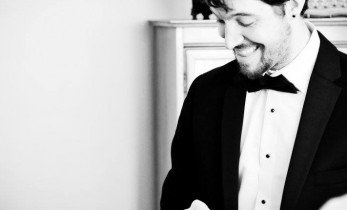

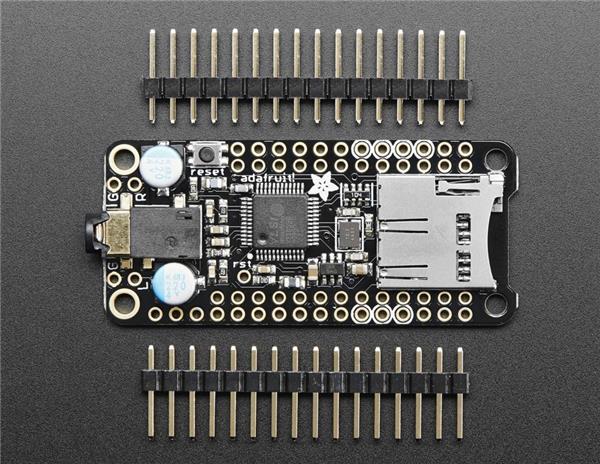
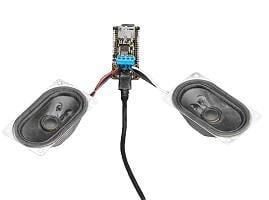
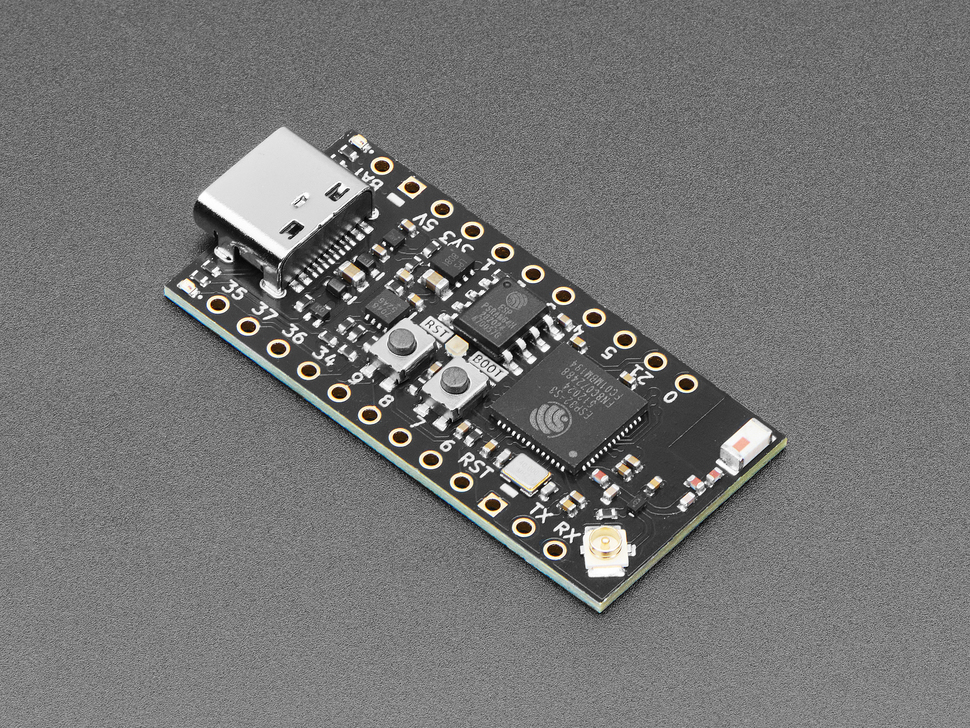
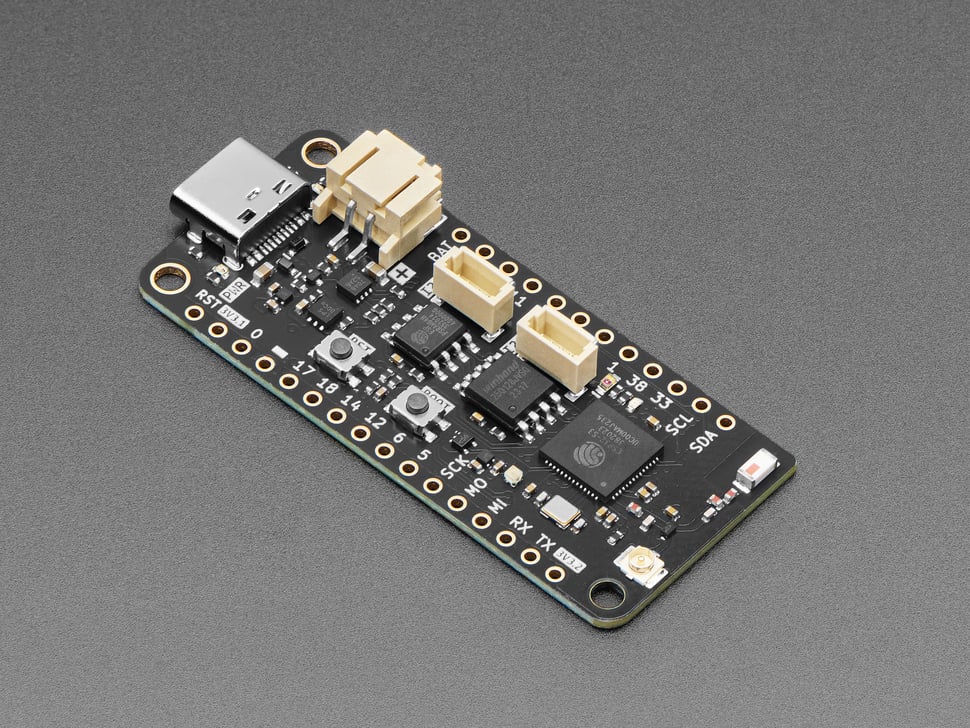
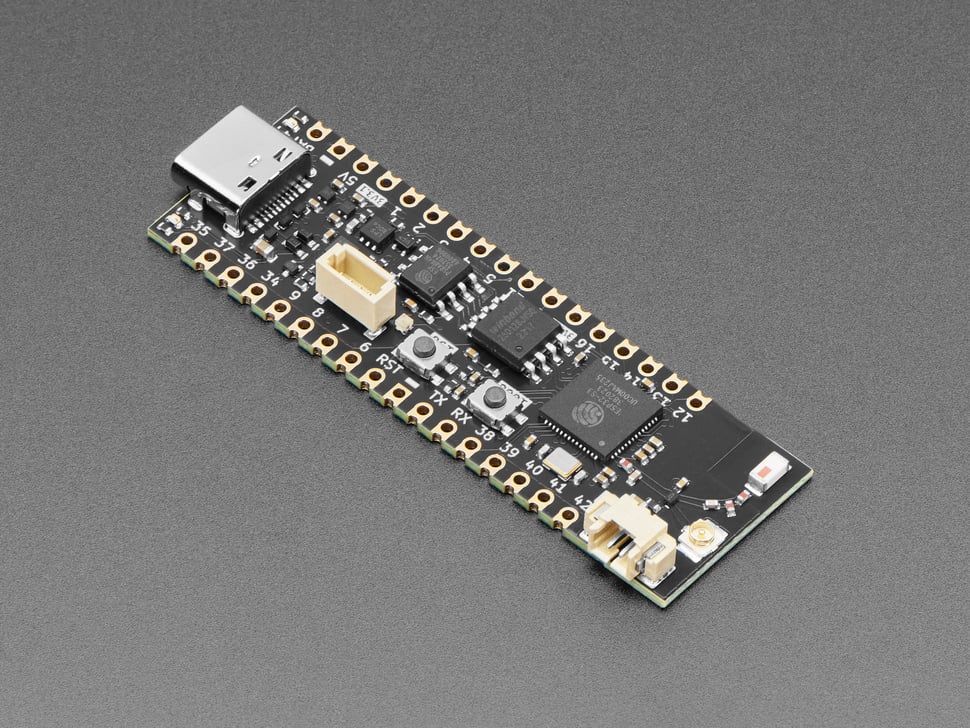
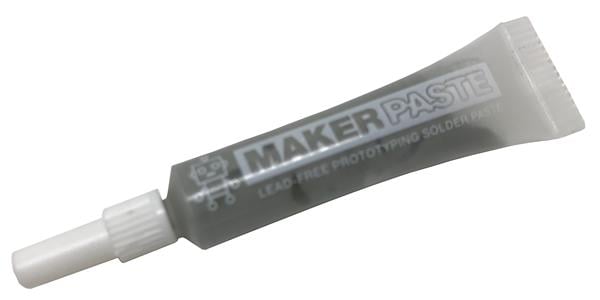
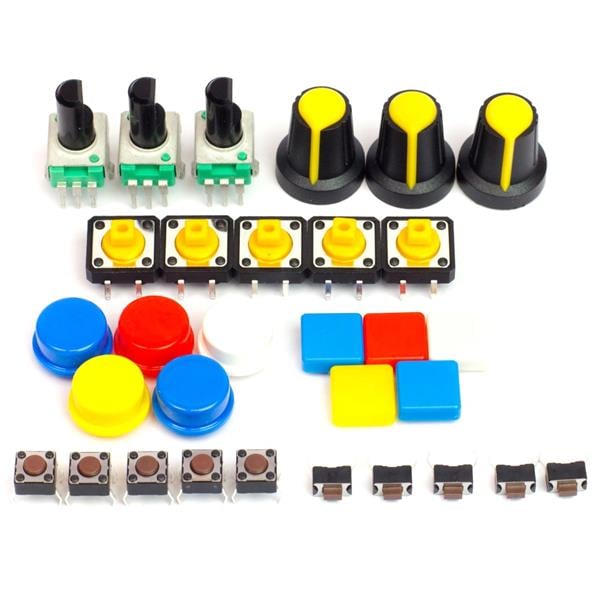
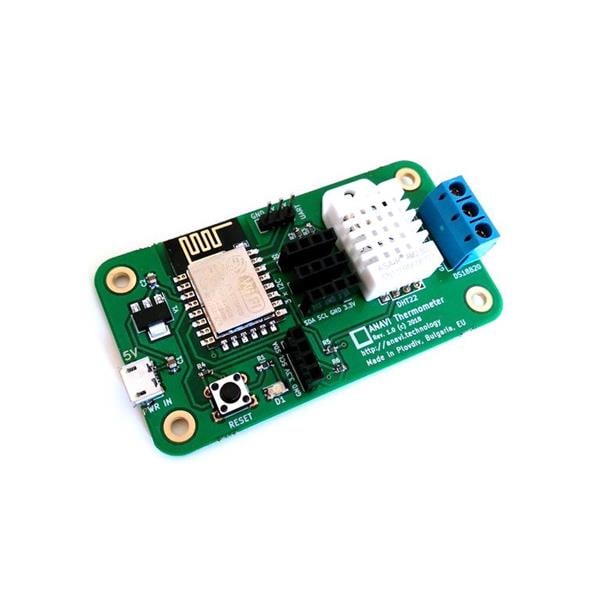
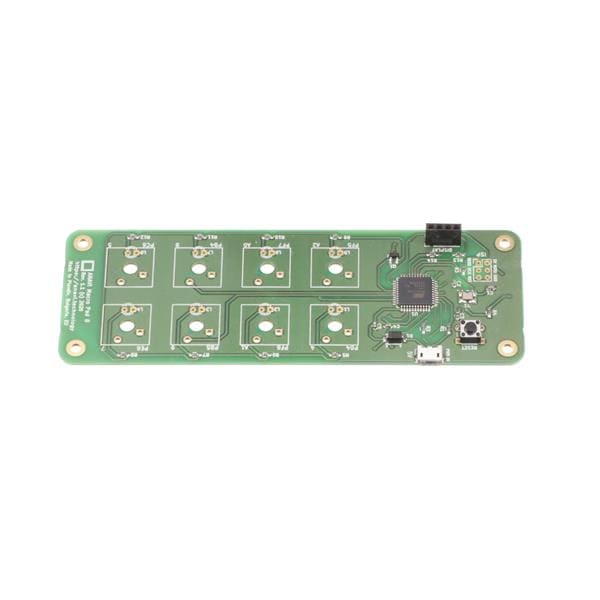

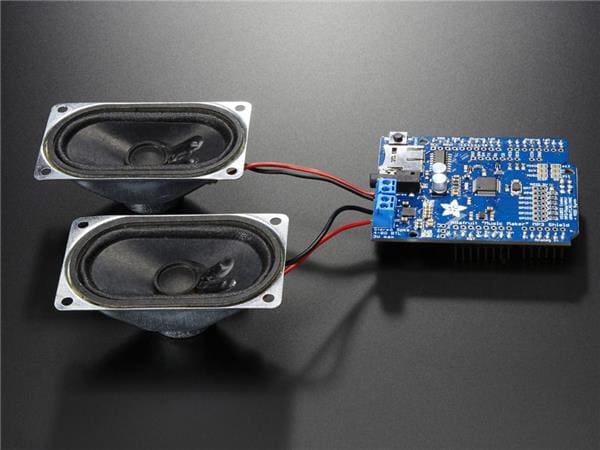
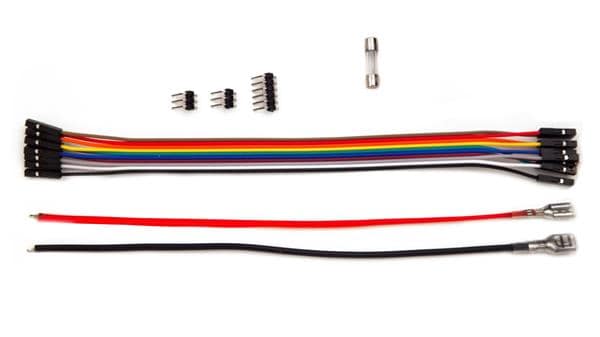
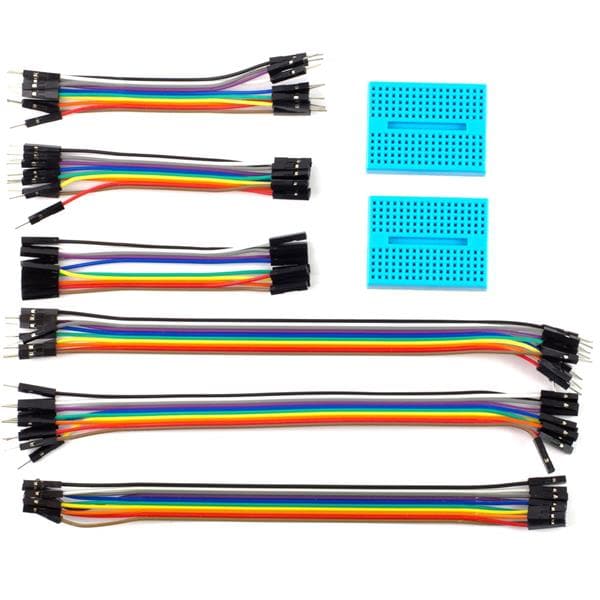
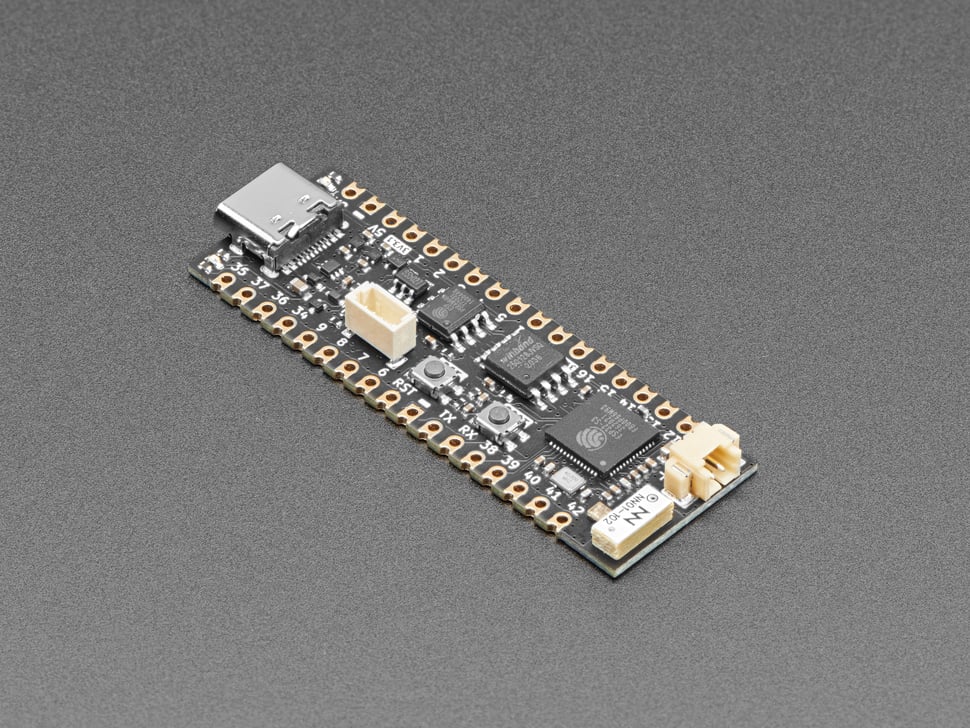
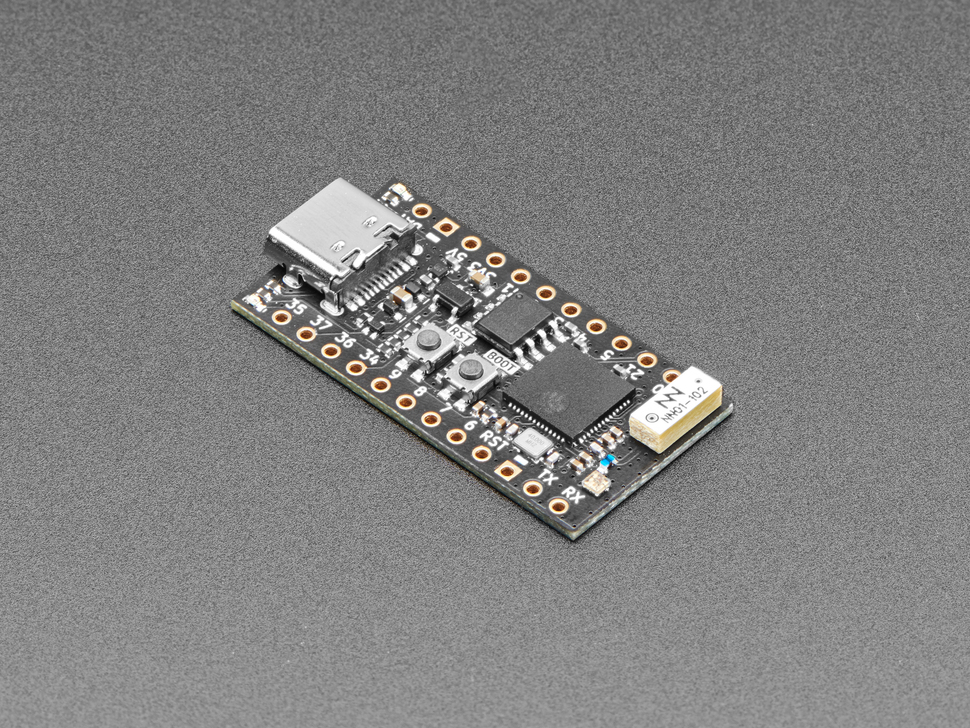
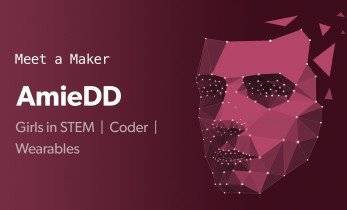
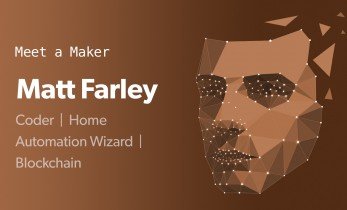

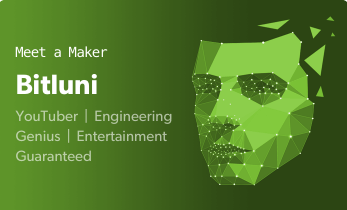
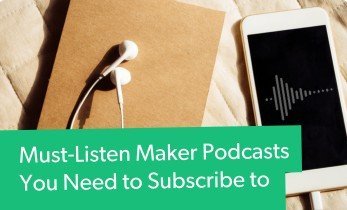
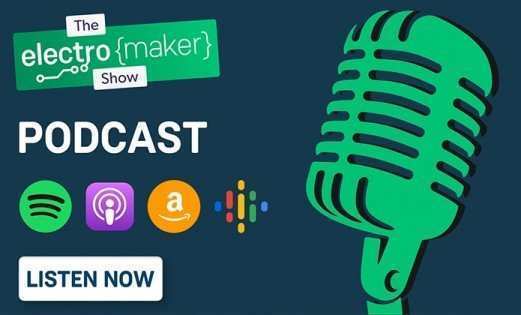
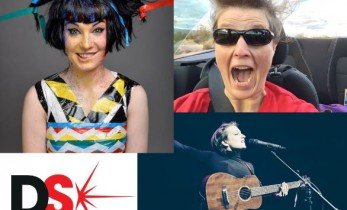
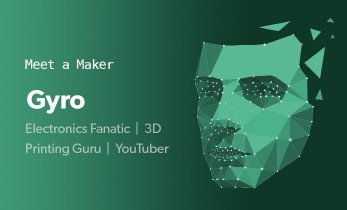
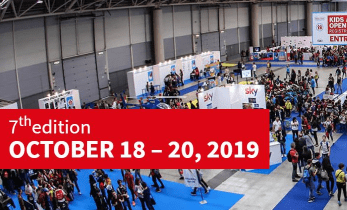

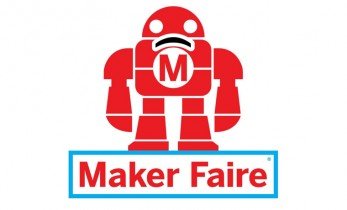
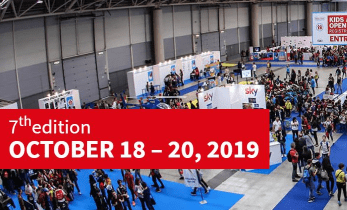
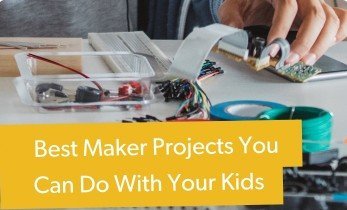
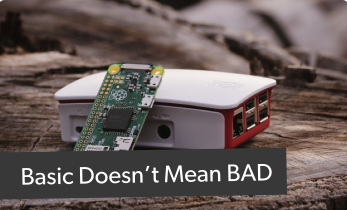
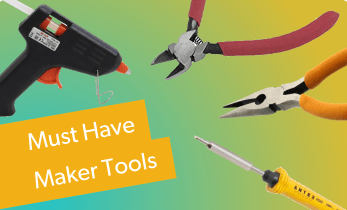

Leave your feedback...